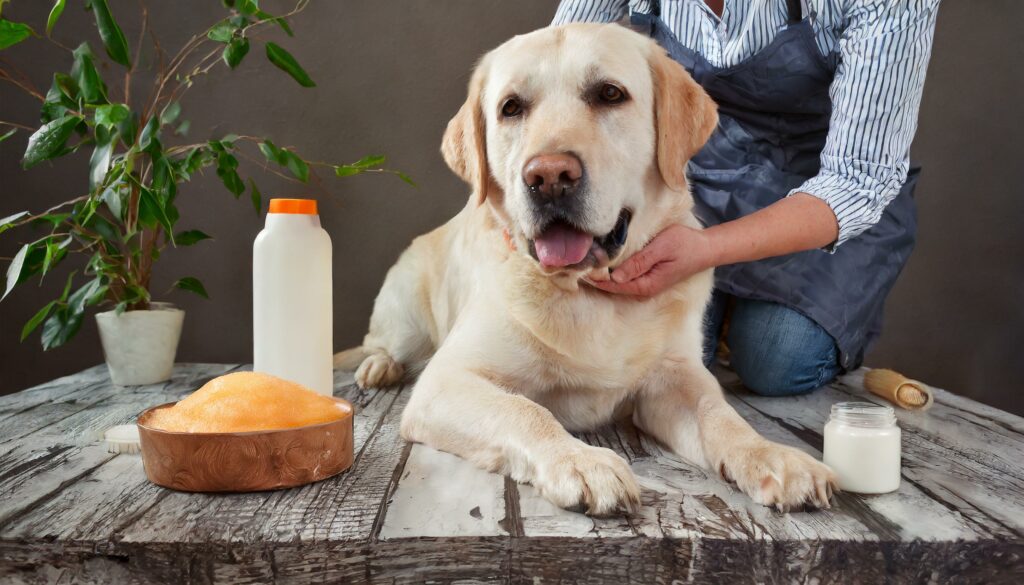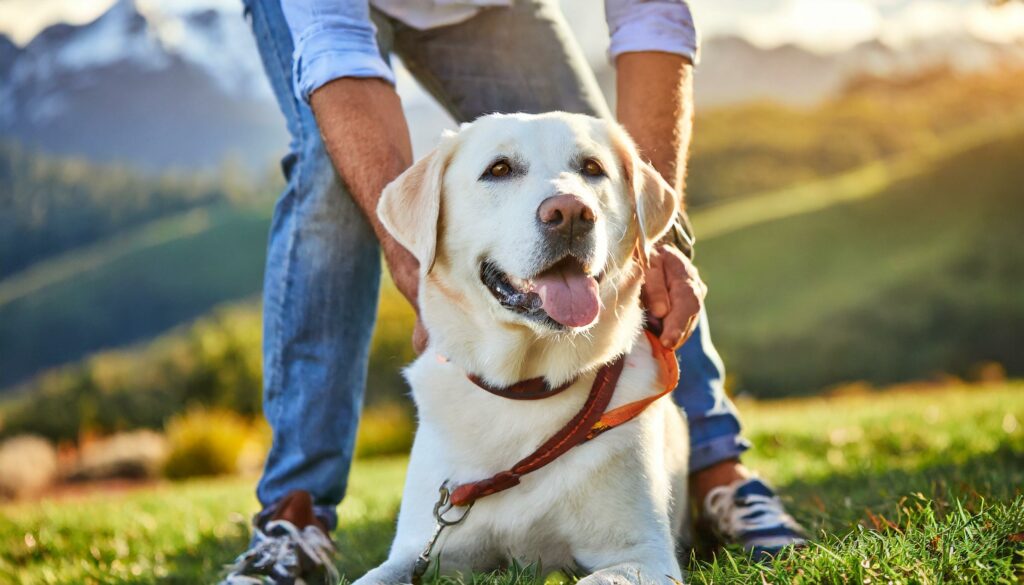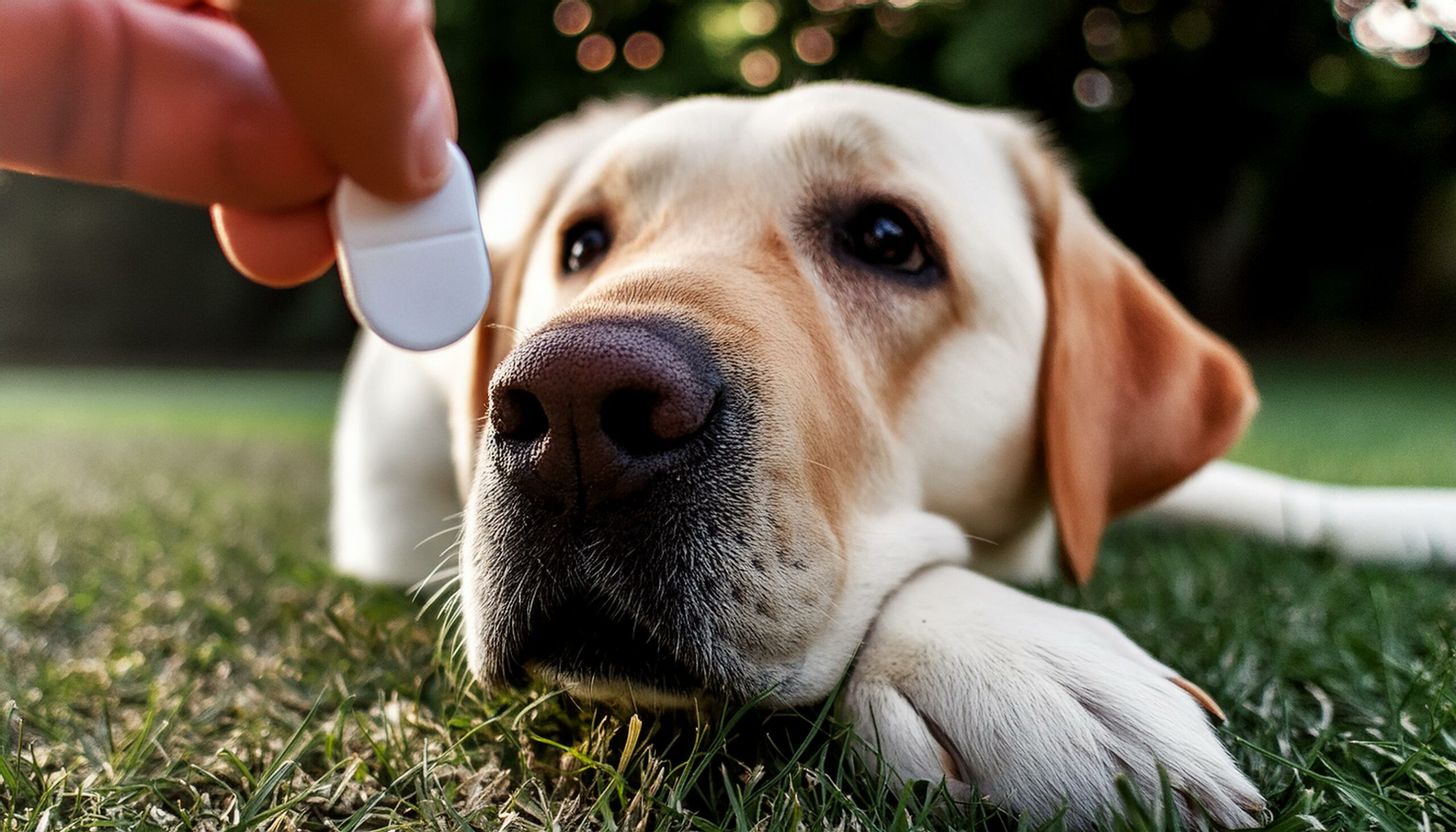Owning a Labrador Retriever, commonly referred to as a “Lab,” is a journey filled with joy, energy, and companionship. Known for their loyalty and affable nature, Labs have secured a place as one of the most popular dog breeds worldwide. Whether you already own a dog and suspect it might be a Lab, or you’re considering adopting one, this detailed guide will provide you with all the essential information about recognizing, caring for, and training a Labrador Retriever.
Identifying a Labrador
The Labrador Retriever is a robust, well-balanced dog known for its friendly demeanor and a strong, muscular build. Recognizing a Lab is straightforward once you’re familiar with their distinctive characteristics.
Physical Traits
A typical Labrador is sturdy and compact, with a strong, athletic build that’s slightly longer than it is tall. Labs are famed for their ‘otter’ tail, which is thick at the base and tapers off, aiding in swimming—an activity most Labs adore. They possess a broad head with well-defined eyebrows and friendly, expressive eyes that can be brown or hazel. Their ears are neither long nor droopy, sitting just above eye level and hanging close to their head.
Labs have a dense, water-resistant double coat that comes in three colors: black, yellow, and chocolate. This double coat helps them stay warm in cold water, making them excellent swimmers. The texture is neither wiry nor silky but rather short and straight, requiring regular grooming to manage shedding.
Behavioral Traits
Labrador Retrievers are celebrated for their temperament. They are inherently friendly, outgoing, and high-spirited, often showing no aggression or shyness. Labs are incredibly social, making them excellent family pets that get along well with children and other animals. They are intelligent and trainable, often used as service dogs due to their obedient nature. However, their enthusiasm can sometimes translate into boisterousness, especially in young dogs, so early training is crucial to manage their exuberant behaviors.
Caring for Your Labrador

Owning a Labrador means committing to their health and happiness. They thrive on attention and activity but also require proper healthcare to prevent common genetic issues.
Proper Diet for Labradors
Labradors are known for their love of food and tend to overeat if given the chance, making obesity a common concern. A balanced diet tailored to their age, size, and activity level is crucial. Puppies require diets rich in protein and fat to aid their rapid growth, while adult Labs benefit from a well-balanced diet that keeps them lean and healthy. It’s important to measure their food and limit treats. Consulting with a veterinarian can help you create an appropriate feeding schedule and diet plan.
Exercise Needs
Labs are energetic and require plenty of exercise to maintain their health. Without adequate physical activity, they can become overweight and develop health issues like joint problems or diabetes. Daily exercise sessions, including walks, runs, and playtime, are essential. Labs also enjoy activities like fetching, swimming, and interactive games that challenge their minds and bodies.
Common Health Issues
Despite their robustness, Labrador Retrievers are prone to certain health issues like hip and elbow dysplasia, heart disorders, and progressive retinal atrophy. Regular veterinary check-ups are vital to catch and manage these conditions early. Preventative measures like proper diet, regular exercise, and health screening can significantly contribute to a Lab’s overall well-being.
Training Your Labrador

The trainable nature of Labs makes them a joy to work with. They respond well to positive reinforcement techniques such as praise, play, and food rewards.
Basic Commands
Training should begin early, focusing on basic commands like sit, stay, come, and heel. These foundational skills are crucial for safety and ease of management. Labs are eager to please and can learn these commands quickly with consistent practice.
Advanced Training
For owners looking to further challenge their Labs, advanced training options such as agility, competitive obedience, or dock jumping can provide mental stimulation and physical exercise. Labs excel in these areas due to their intelligence and physical capabilities.
Socializing Your Labrador
Proper socialization is crucial for any Labrador, starting from a young age. Exposure to various people, environments, sounds, and experiences shapes a Lab’s personality, helping them develop into well-adjusted adults. Regular visits to dog parks, urban walks, and pet-friendly events are excellent ways to socialize your pet.
Joining Labrador Communities
Connecting with other Lab owners through communities and forums can provide support, advice, and friendship. Many regions have Labrador Retriever clubs and online groups where experiences, training tips, and other relevant information are shared among enthusiasts.
Legal Aspects of Owning a Labrador
Before bringing a Lab into your home, understand the legal requirements, which might include registration, vaccinations, and adherence to local pet ownership laws. Some areas may have specific regulations or restrictions on pet ownership that need to be followed.
Conclusion
Embracing life with a Labrador Retriever offers a unique blend of challenges and rewards. These dogs bring a lot of love and energy into any home, and with the right care, training, and attention, they can be lifelong companions. Understanding the nuances of their care and behavior helps in creating a harmonious environment for both the dog and its owners.
FAQs
How can I verify that my dog is a purebred Labrador?
Look for distinctive features such as the broad head, otter tail, and specific coat characteristics. Genetic testing provides a definitive answer.
What is the ideal time to begin training a Labrador puppy?
Training can start as soon as you bring your puppy home, typically around 8 weeks of age.
How much daily exercise does a Labrador need?
At least an hour of physical activity daily, ideally split between walks and interactive play.
Are Labradors suitable for families with small children?
Yes, their gentle and protective nature makes them excellent companions for children.
What should I feed my Labrador to keep them healthy?
Choose high-quality commercial pet food or prepare home-cooked meals under veterinary guidance.
